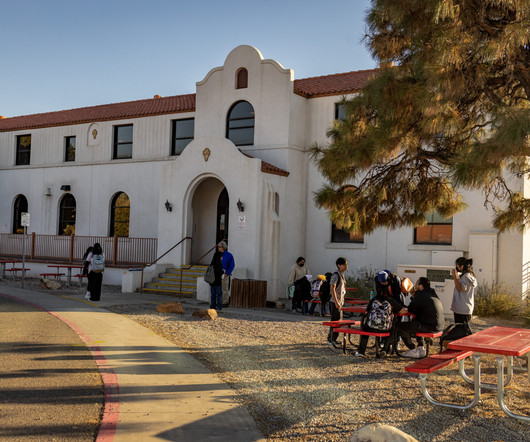Native Americans turn to charter schools to reclaim their kids’ education
The Hechinger Report
MAY 19, 2024
Today, it enrolls roughly 500 students from 60 different tribes in grades K-12, bolstering their Indigenous heritage with land-based lessons and language courses built into a college preparatory model. The charter school, NACA, opened its doors in 2006. It’s a traditionally oral language, and speakers frown on any written form.












Let's personalize your content